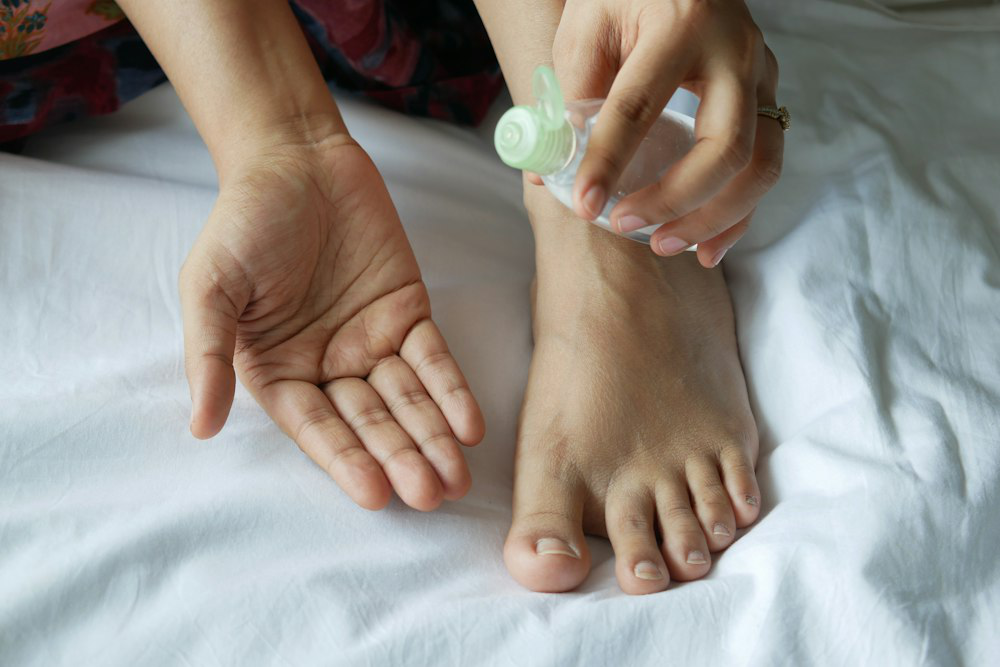Toenail fungus, medically known as onychomycosis, affects millions of people worldwide, leading many to seek effective treatments like laser therapy.
However, offering toenail fungus treatment involves navigating a complex regulatory and legal landscape, encompassing compliance, licensing, and liability considerations.
In this guide, we’ll delve into the regulatory considerations in laser nail therapy to ensure practitioners and clinics are well-informed and equipped to offer this treatment safely and legally.
Regulatory Compliance
Regulatory compliance is paramount when offering toenail fungus treatment. This therapy falls under the purview of healthcare regulations, requiring adherence to standards set by regulatory bodies such as the FDA (Food and Drug Administration).
Practitioners must ensure that the laser device used is FDA-approved for toenail fungus treatment and that they follow approved protocols for its use. Additionally, maintaining accurate patient records, informed consent documentation, and proper billing practices are essential components of regulatory compliance.
Licensing Requirements

a person preparing for a toenail fungus treatment.
Licensing requirements vary depending on jurisdiction and the specific regulations governing laser therapy. Healthcare providers offering toenail fungus laser treatment must possess appropriate licensure and certifications demonstrating competency in laser usage. Furthermore, clinics should adhere to any additional requirements imposed by state or local authorities, such as facility licensure or permits for operating laser devices. Staying abreast of licensing updates and ensuring compliance with all applicable regulations is crucial to avoid legal repercussions.
Liability Considerations
Liability concerns loom large in healthcare, and offering toenail fungus laser treatment is no exception. Practitioners and clinics must prioritize patient safety and mitigate potential risks to avoid liability issues. This involves thorough patient assessment to determine candidacy for the treatment, proper training for staff members performing the procedure, and clear communication of potential risks and outcomes to patients. Additionally, obtaining comprehensive professional liability insurance tailored to laser therapy services can provide an added layer of protection against potential lawsuits.
By staying informed, adhering to regulatory standards, and prioritizing patient safety, practitioners and clinics can offer this innovative therapy effectively and responsibly.
If you’re looking for comprehensive toenail fungus treatment in Los Angeles, consider Laser Nail Therapy today, where effective treatments are provided with utmost care and professionalism. Contact us by calling 800-672-0625 now to book an appointment.



